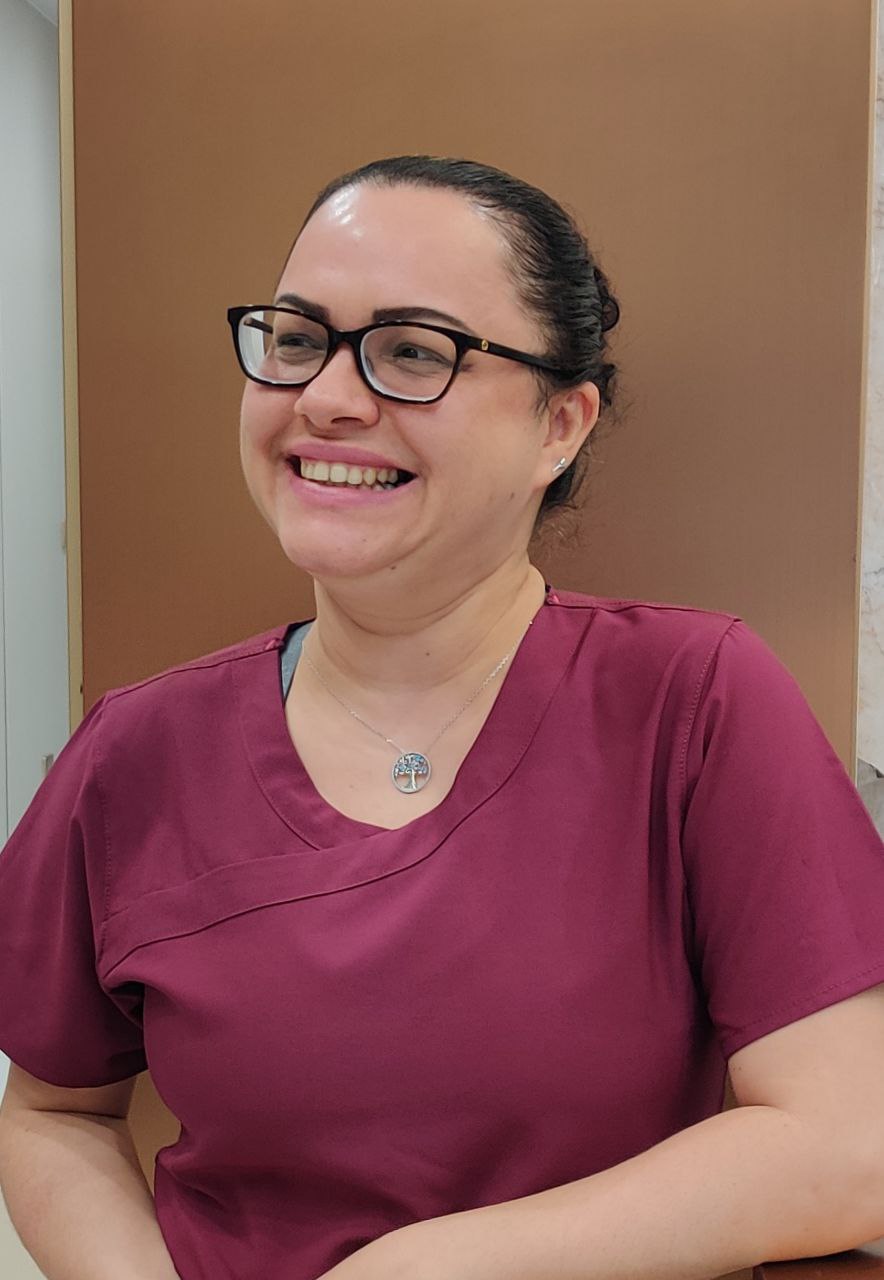The Importance of Follow-Up Consultations
Learn why follow-up consultations matter after health screening, how to review your results responsibly, and why ongoing monitoring supports long-term risk awareness.
Expert guidance on preventive health, blood testing, and wellness from our NMC-registered clinical team.
Discover how health screening London services transform diagnostic blood tests into personalised preventive health strategies using comprehensive biomarker analysis.
Health Screening Clinic
South Kensington, London
Page 1 of 3
Learn why follow-up consultations matter after health screening, how to review your results responsibly, and why ongoing monitoring supports long-term risk awareness.
Learn how to compare full body screening packages, understand private health assessment options, and choose the right comprehensive health checkup for your needs.
Explore how preventive health screening can support early awareness, highlight silent health conditions, and may help reduce emergency health risks over time.
Discover how a full body health checkup may support early health awareness through preventive health screening, blood biomarkers, and cardiovascular risk assessment.
Learn how age, lifestyle and family history influence preventive health screening and how to personalise your Health MOT for smarter early risk detection.
Discover how early disease detection, preventive healthcare benefits, and proactive health management are shaping the future of healthcare technology in the UK.
Discover what Platinum health screening includes, who benefits most, and how advanced full body MOT programmes support early risk detection in the UK.
Compare Health MOT packages, full body health checkup levels, and platinum health screening benefits to choose the right private health assessment in the UK.
Discover how predictive health screening and private health assessment help identify biomarkers for future illness and support long-term health monitoring.
Book your comprehensive health screening today and get expert insights into your wellbeing.
Book Your Screening
Registered Nurse (NMC)
Our Lead Clinical Nurse, renowned for elite clinical care, painless phlebotomy, and comprehensive written reports for every patient.